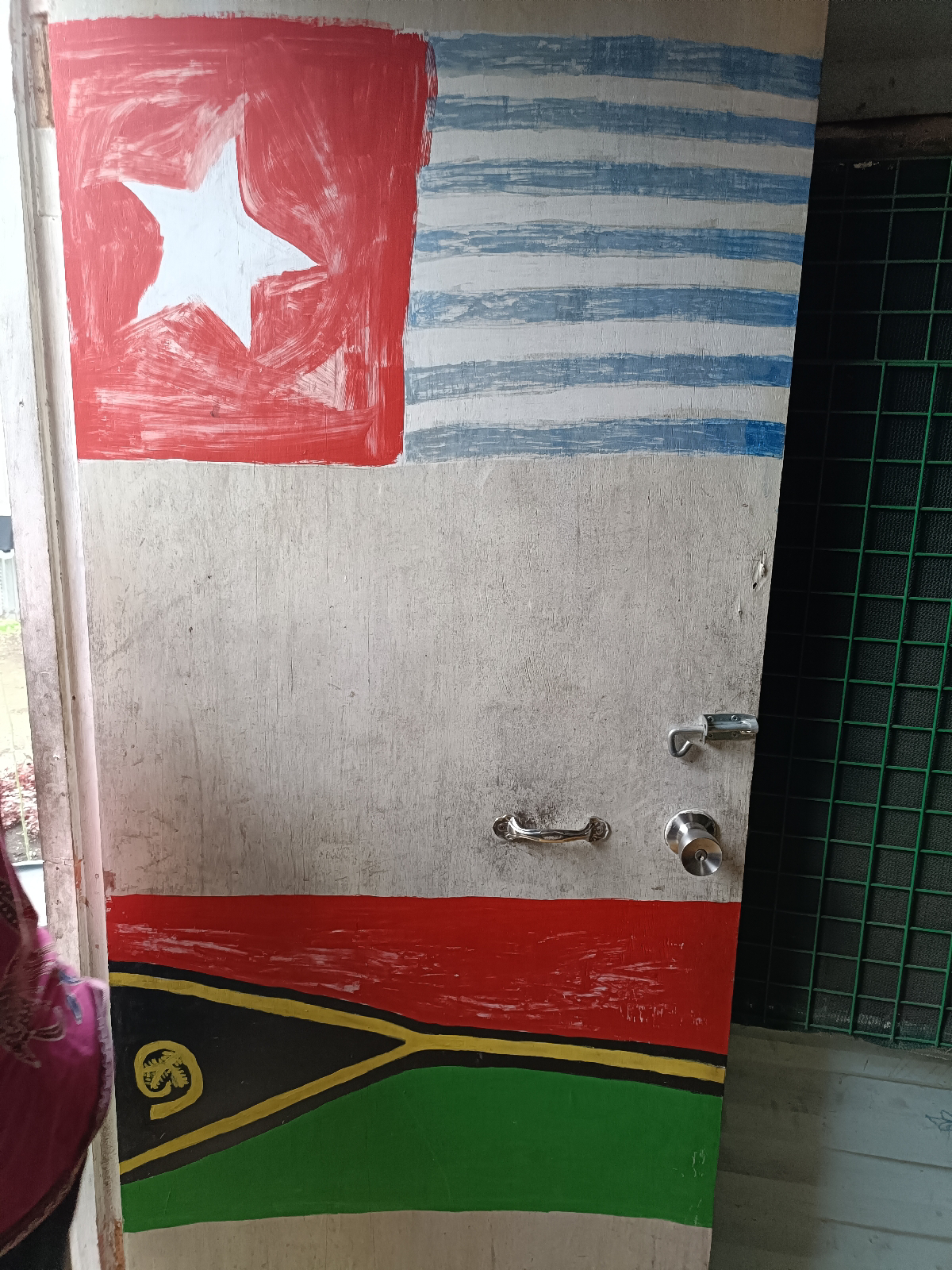Religious Meaning:
* The Birth of Jesus Christ: For Christians, Christmas celebrates the birth of Jesus Christ, the son of God, as described in the Bible. It is a time for reflection, prayer, and celebrating the message of hope and salvation that Jesus brought to the world.
Secular Meaning:
* A Time for Family and Giving: For many people, regardless of their religious beliefs, Christmas is a time to spend with loved ones, exchange gifts, and celebrate the spirit of giving and goodwill. It's a time for joy, festivity, and creating lasting memories.
Symbolism:
* Christmas Tree: A decorated evergreen tree symbolizing eternal life.
* Santa Claus: A jolly figure who brings gifts to children, representing generosity and the magic of the season.
* Christmas Carols: Traditional songs that tell the story of Christmas and spread holiday cheer.
Traditions:
* Gift-giving: Exchanging presents with loved ones.
* Decorating homes and public spaces: With lights, ornaments, and festive decorations.
* Attending church services: For many Christians.
* Sharing meals with family and friends.
Overall, the meaning of Christmas is a blend of religious beliefs, cultural traditions, and personal experiences. It's a time for reflection, celebration, and spreading joy to others.




